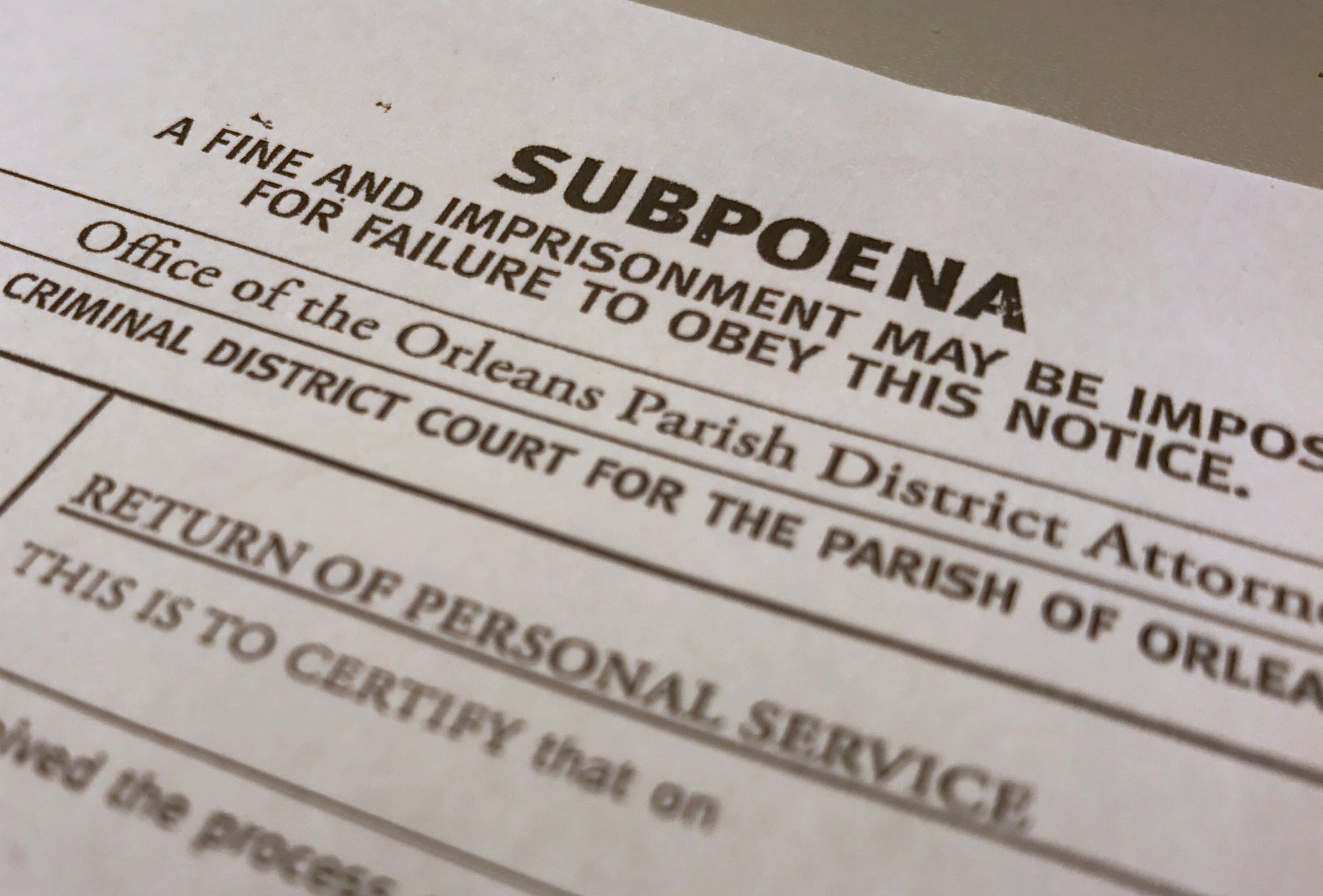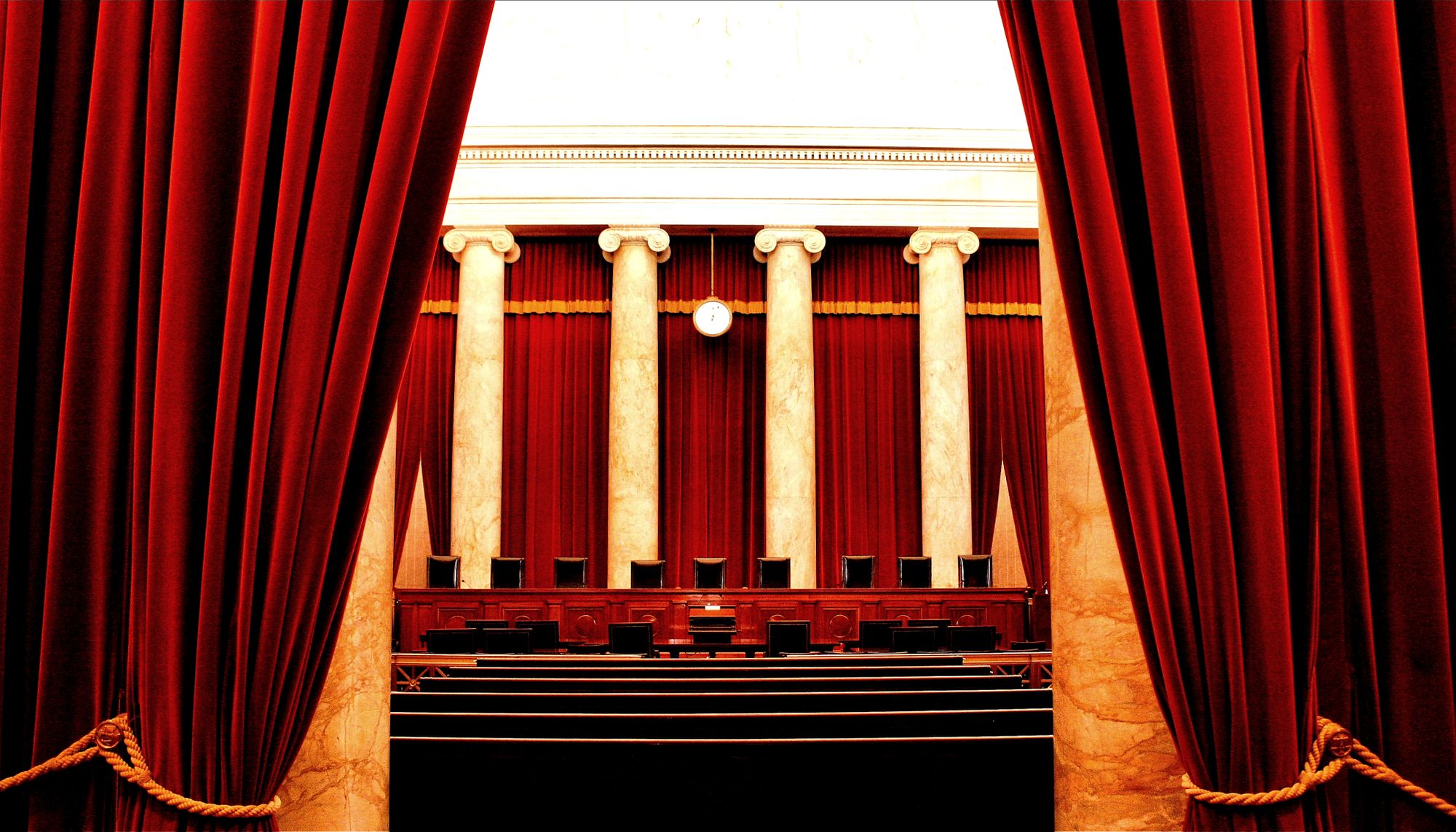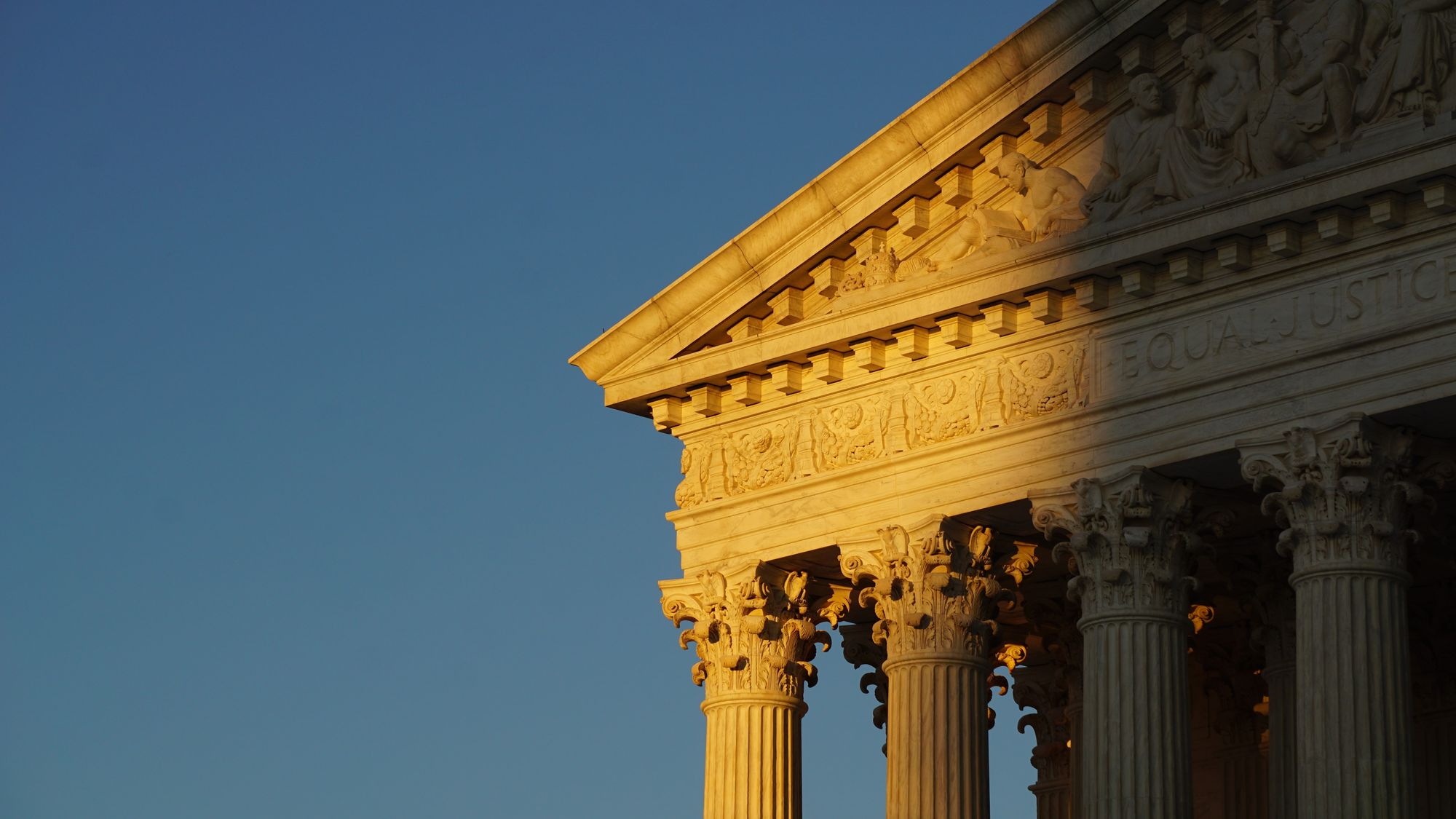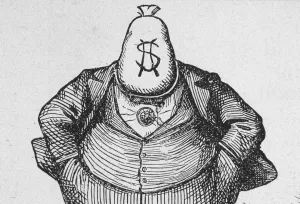Harry and I frequently place a lot of blame for the deterioration of American democracy on Congress. The general criticism we lay out is usually that congressional inaction or disinterest drives all kinds of different problems, like the growth of unaccountable Supreme Court power. It’s caused by a number of things, but today I want to take a close look at one big problem in particular: campaign finance. It’s an issue often mentioned but rarely explained.
I’ll start with some basic building blocks. Liberal democracy is a sort of two-pronged political and economic system. Liberalism is the core philosophy which shapes both of them, emphasizing individual rights and liberties.
For the economy, that means a free market system in which people pursue the things they want. If you can provide those things, you’ll be rewarded for it. Pretty simple. But in order to protect individual rights, i.e. equal opportunity, it’s necessary to regulate things, or else there’s no reason one person with a first-mover advantage couldn’t gobble up all kinds of power and money, corner markets, and eliminate freedom from the “free market.”
For politics, a similar logic applies, which is why we don’t have simply “democracy,” but “liberal democracy.” In a free-wheeling laissez-faire democracy, there’s no stopping certain powerful people or majorities from abusing or disenfranchising others. So, we need rules to regulate politics, just like we need them for the economy.
The key to all this is one simple idea; people respond to incentives. Economically, the free market seeks to structure economic activity so that to get rich (serve yourself), you have to provide things other people want or need (serve others). In politics, it’s the same thing. Our democracy has elections, which introduce electoral incentives for politicians to fulfill the wishes of voters (serve others), if they want to get elected (serve themselves).
This system is beautiful when it works, but the balance needed is delicate and the ways in which this arrangement can go wrong are countless. As far as political systems go, it’s remarkably stable, but it’s still very fragile.
One key way in which things have gone wrong in America is the deregulation of campaign spending. In 2010, the Supreme Court ruled 5-4 in Citizens United v. Federal Election Commission in favor of Citizens United, declaring that corporations and other groups can spend unlimited amounts of money on elections. The reason I refer to this kind of thing as “laissez-faire democracy” is that this decision was motivated by the exact same kind of twisted logic as laissez-faire capitalism, in which anyone is free to do anything at all, even if it corrodes the freedom of everyone else.
The thinking goes something like this. People are free to make money. People are free to spend money on the things they want. People are allowed to want any political candidate. So, people should be allowed to spend as much as they want on a political candidate.
It’s not very complicated, and it may even be pretty convincing. But here’s the trouble. This uses decent principles to pervert the system by dismissing the incentive structures that make everything work. It’s sort of like “crossing the streams” in Ghostbusters. By endowing the economically powerful with such an outsized influence, suddenly the political incentives of electoral accountability don’t quite work right.
Legislators now have an incentive to follow money rather than votes, because they need the campaign support, or else someone else will get it. Politics breaks. And once politics breaks in this way, the economy follows. Big business and moneyed interests have all the power, and they’ll lobby for deregulation of the economy. Liberal democracy breaks. There are many different schools of thought as to how this destructive development in our democracy can be reversed, but I don’t have the space to delve into that here.
That said, the next time you hear a Senator or Representative kicking and screaming about oil and gas misinformation or some recent ruling by the Supreme Court, don’t be convinced. Even given the Court’s role in Citizens United, Congress could do a lot more to stand up to its ruling, if it tried. Remember that it’s Congress, and its lazy subservience to big money, that’s breaking democracy.
Subscribe to SpectaclesDon't miss out on these previous articles that build on so much of what's touched on here:







Comments
Join the conversation